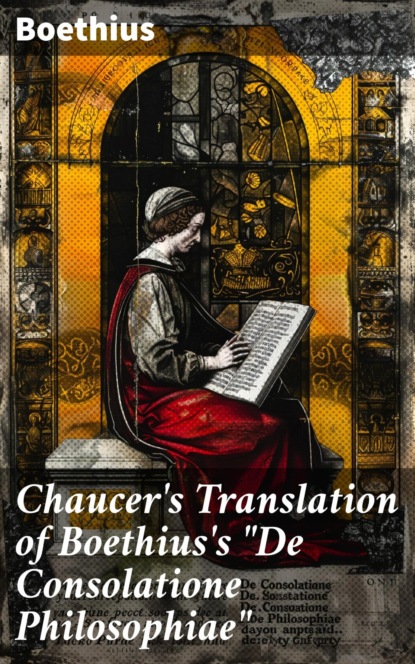Sayfa sayısı 570 sayfa
0+
Chaucer's Translation of Boethius's "De Consolatione Philosophiae"
Kitap hakkında
Chaucer's translation of Boethius's «De Consolatione Philosophiae» is a profound engagement with themes of fortune, happiness, and the nature of true wisdom. Written in the 14th century, Chaucer's rendition captures the philosophical dialogue of the original while infusing it with his distinctive poetic style, characterized by fluid verse and accessible language. This work not only serves as a reflection on Boethius's struggles during his imprisonment but also situates itself within the medieval tradition of allegorical literature, intertwining classical philosophy with contemporary concerns about morality and existence. Boethius, a Roman philosopher and statesman, penned the original text in the 6th century while facing incarceration and impending execution. His synthesis of Stoic thought and Christian theology offered a pathway for understanding suffering and the pursuit of happiness, which deeply influenced medieval thought. Chaucer's translation emerges from his own intellectual milieu, reflecting a burgeoning interest in philosophical inquiry and the accessibility of learned texts in the vernacular, thereby expanding their reach to a wider audience. For readers seeking an exploration of profound philosophical questions through the lens of poetic dialogue, Chaucer's translation is an essential text. It not only provides valuable insights into the nature of human suffering but also invites reflection on the broader human experience, making it a timeless work that continues to resonate with contemporary readers.
